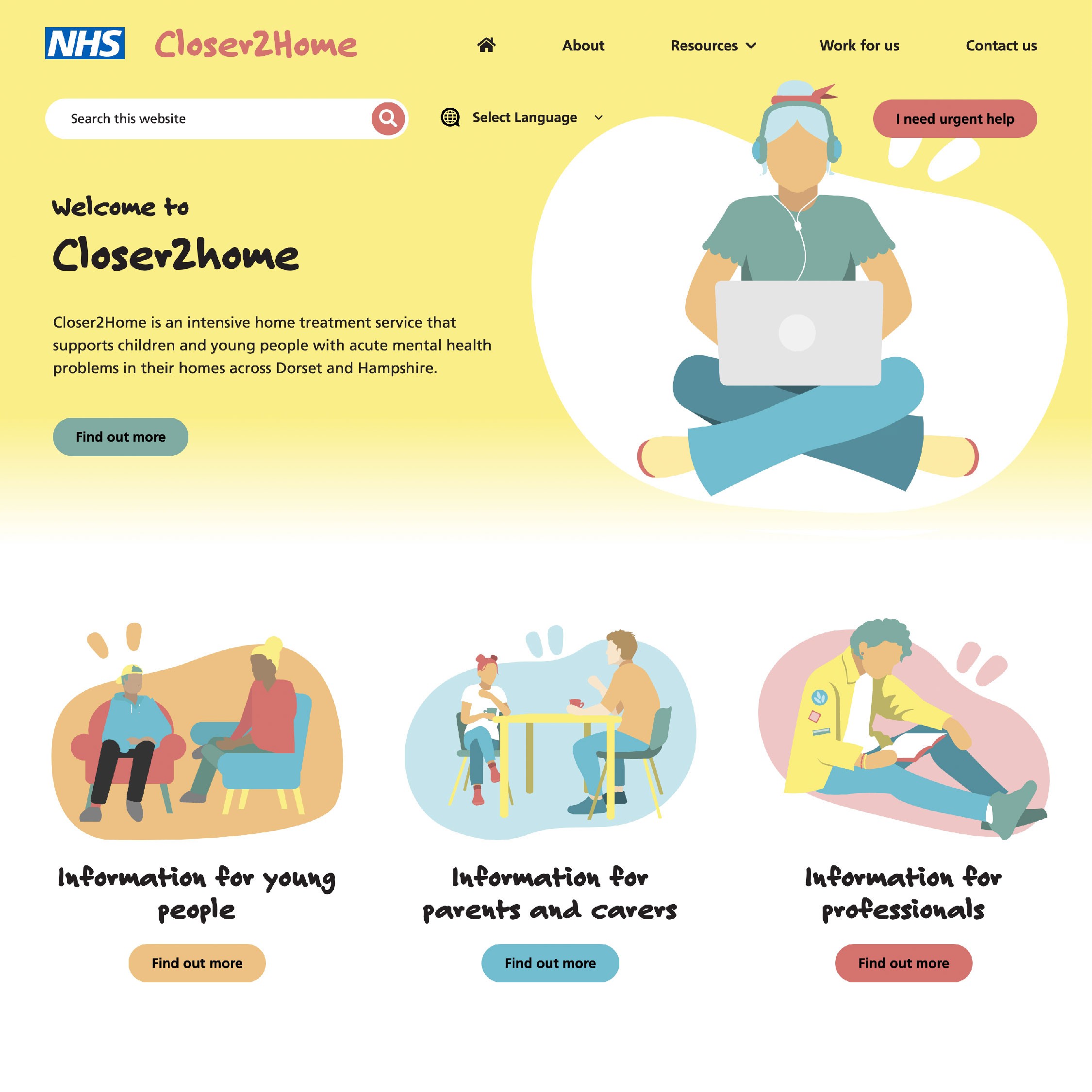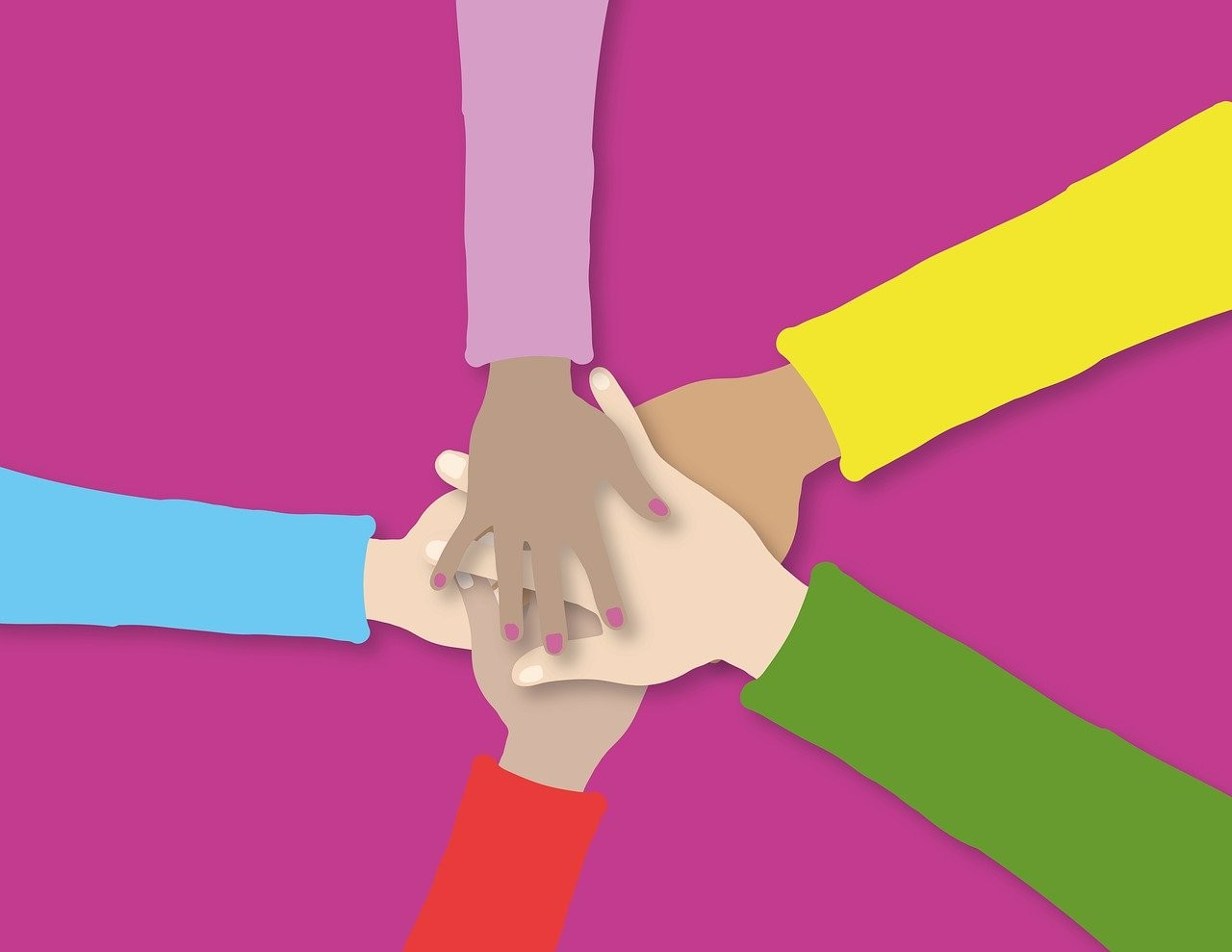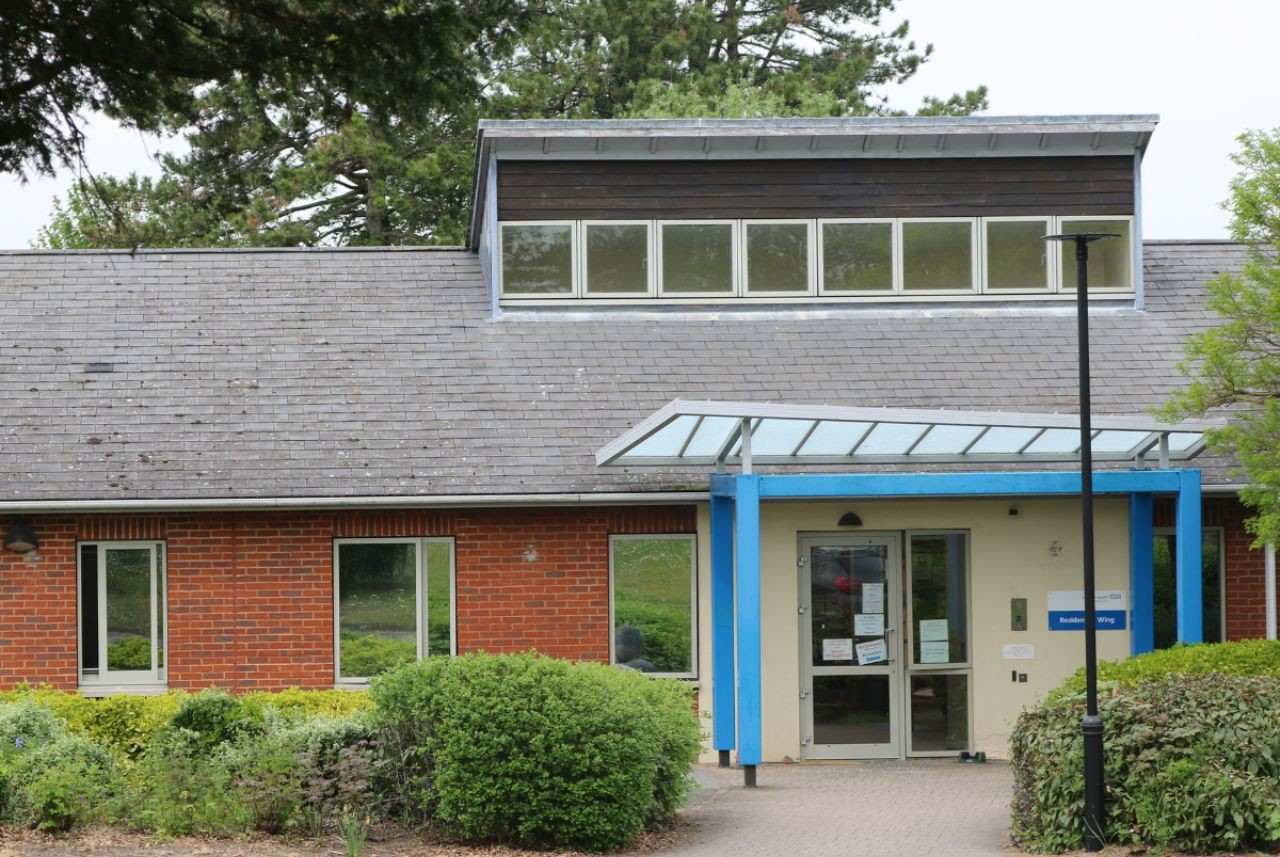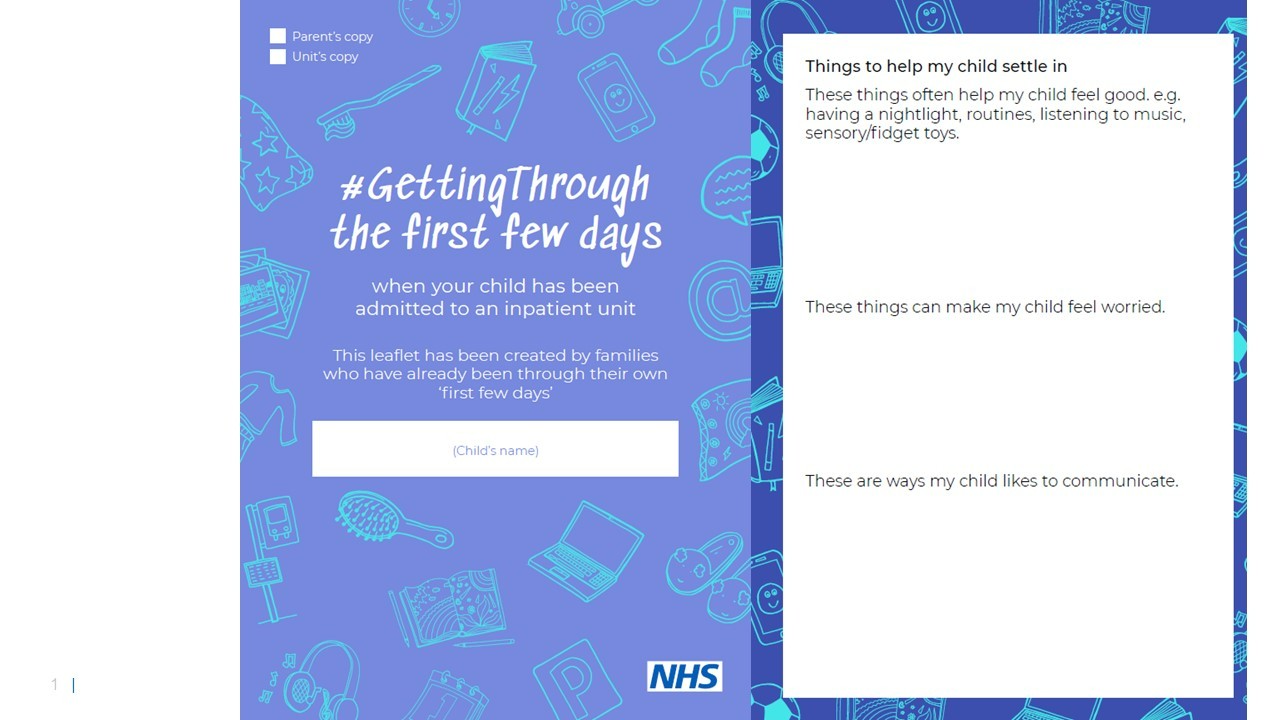
CAMHS transition service supports young people to return home

The service works with the whole family or carer to identify potential problems and put in place strategies for managing and de-escalating challenging situations to create a calm home environment and sustainable community care.
Support is provided for approximately three months post discharge, which is the period when a young person is most likely to be readmitted to hospital. However, depending on the needs of the young person and their family or carer, support can be longer or shorter.
The team
The transition service employs a service manager and two part-time mental health transition practitioners (MHTPs). The role of an MHTP is flexible to the needs of the young person and family. The team take a solution focused, social prescribing approach and offer a variety of therapeutic interventions for the young person and family.
MHTPs are professionally trained in psychological interventions such as Dialectical Behaviour Therapy (DBT) and Non Violent Resistance (NVR) which are used to help people develop strategies for managing emotions and preventing an escalation to crisis.
They are also FLASH facilitators (Families Learning About Self Harm) and deliver courses both to parents and carers of young people at Pebble Lodge and, when spaces are available, to families supported by the wider CAMHS service.
Relationship building
The groundwork for preparing a young person for discharge starts as soon as they are admitted to Pebble Lodge. The transition service team are based on site so they can get to know and become a familiar face to the young people.
By building a relationship and being able to have conversations with the young people early on, the MHTPs learn about the potential triggers or the flash points in the home that need to be worked through to create a calm and sustainable environment for when they return.
Problem solving
The MHTPs work with young people and their families and carers to think about and plan for the future and put in place strategies for dealing with difficult times.
Work with families often involves educating them about mental health conditions so they have a better understanding and can support their young person. MHTPs are also just a phone-call away to provide on the spot coaching to a parent or carer if they experience a problem once the young person has returned home.
The service also supports young people who are being moved to a supported living placement. This can involve working with partners in social care to undertake a needs assessment, helping to identify a suitable placement and supporting the young person and their family to visit the placement. They also providing training to staff at the placement to enable them to understand and meet the needs of the young person.
Joined up support
As well as working with the family, the MHTPs engage with schools and other professionals, for example social workers and other NHS workers, that the young person will come into contact with. This is to ensure that the young person receives a consistent message from professionals involved in their care and make sure that ongoing support is provided in the community.




